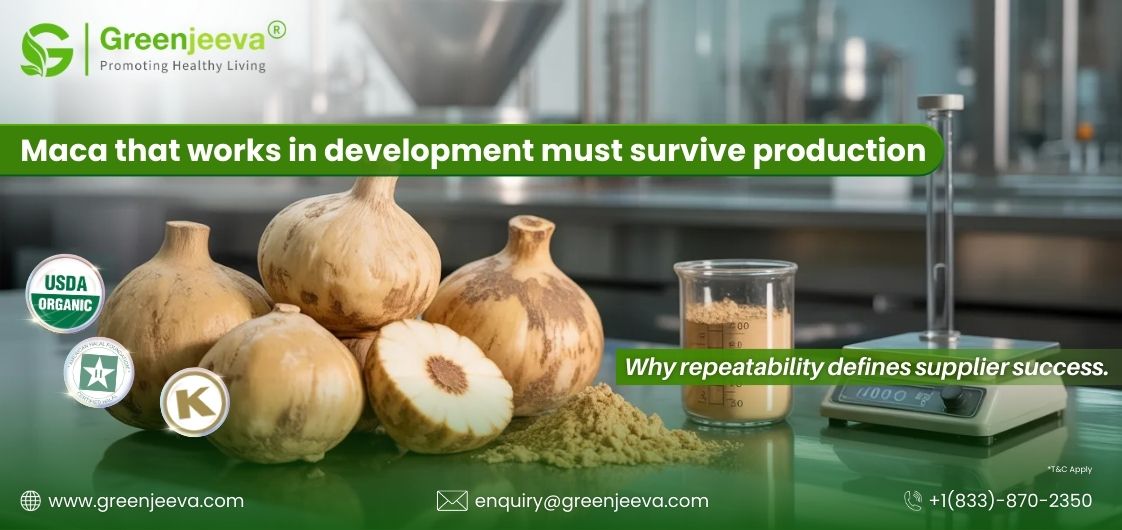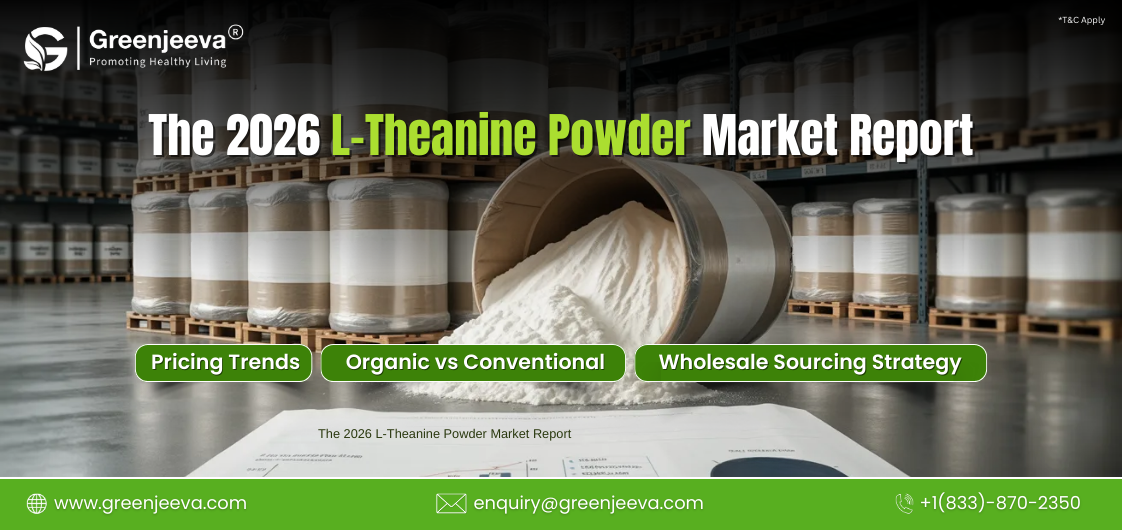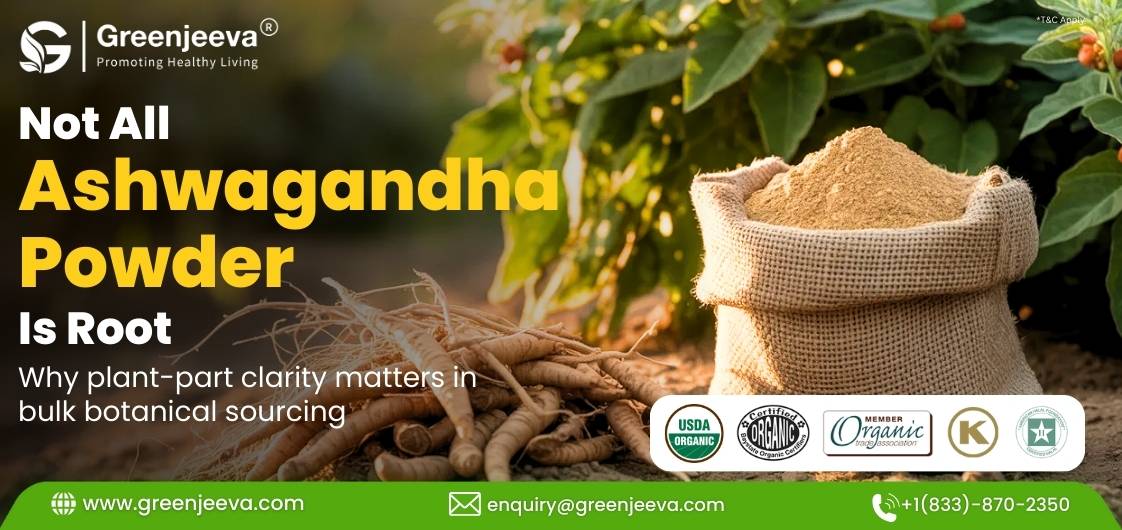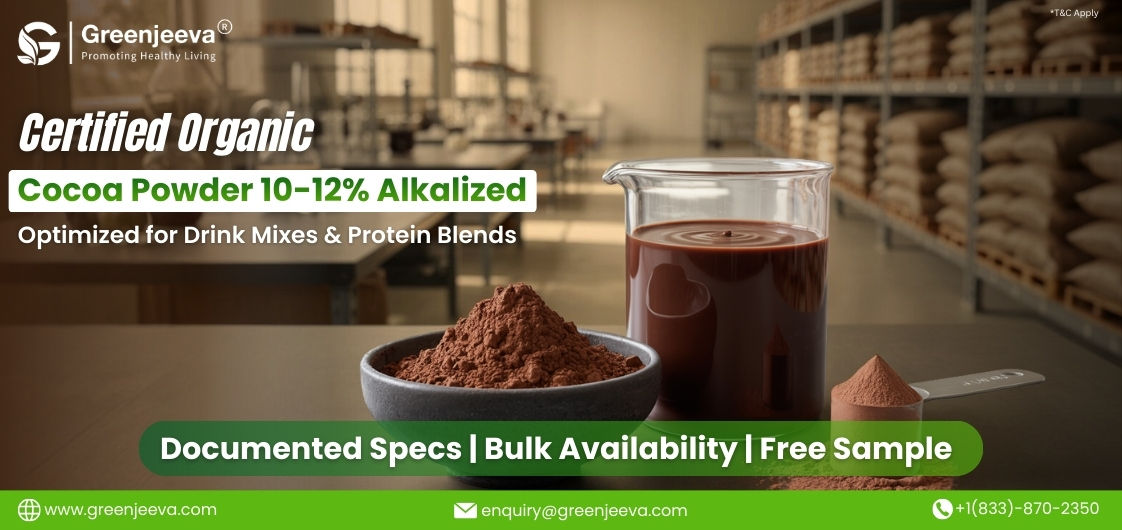Cinnamon Powder vs. Cinnamon Extract Powder: Which is Right for Your Formulation?

Choosing the right ingredients can make or break your formulation in the competitive world of food, beverage, and nutraceutical product development. When it comes to incorporating cinnamon's warm, aromatic essence, manufacturers face a crucial decision: cinnamon powder or cinnamon extract powder? This choice not only impacts flavor profiles, production efficiency, cost-effectiveness, and potential health benefits but also opens up avenues for innovation and product differentiation. Understanding the distinctions between these two forms of cinnamon is essential for creating products that stand out in the market and meet consumer demands.
Cinnamon Powder: The Traditional Choice
Cinnamon powder, derived from ground cinnamon bark, has been a versatile staple in kitchens and manufacturing facilities for centuries. Its familiar flavor profile and adaptability make it a popular choice for a wide range of applications, offering manufacturers flexibility in their product development.
Key characteristics of cinnamon powder:
Full flavor spectrum with complex aromatic notes
Contains fiber and other plant materials
Variable potency depending on source and processing
Typically more affordable than extract powder
May require larger quantities to achieve desired flavor intensity
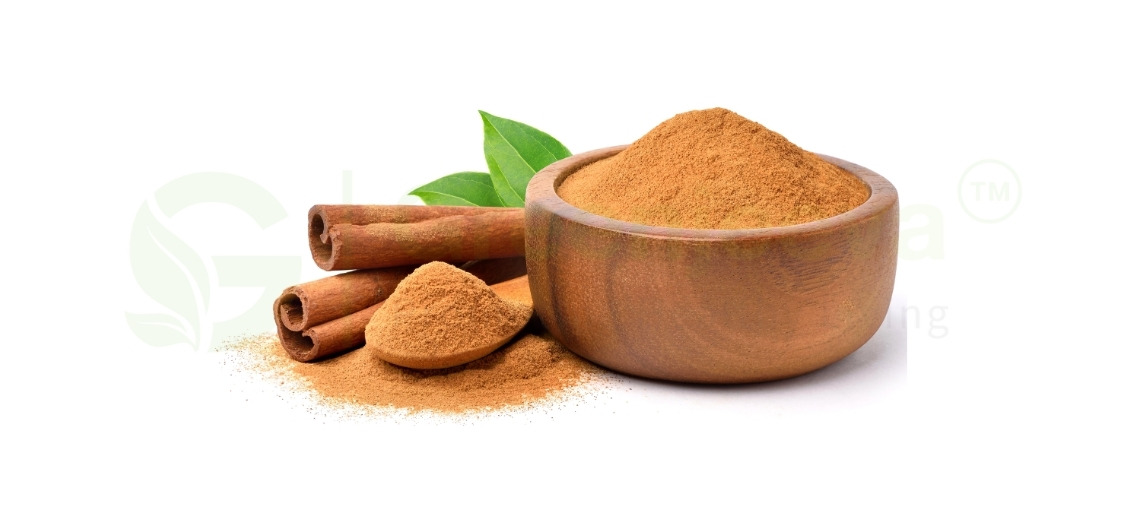
According to a report by Grand View Research, the global cinnamon market size was valued at USD 760.8 million in 2020 and is expected to grow at a compound annual growth rate (CAGR) of 8.3% from 2021 to 2028. This growth is largely driven by the increasing demand for natural flavoring agents in various industries.
Cinnamon Extract Powder: Concentrated Potency
Cinnamon extract powder is a more refined and concentrated form of cinnamon. It's produced by extracting essential oils and other active compounds from cinnamon bark and then spray-drying the extract into a fine powder.
Advantages of cinnamon extract powder:
Higher concentration of active compounds
More consistent potency and flavor profile
Easier to incorporate into formulations
Potentially greater health benefits due to concentrated bioactive components
Longer shelf life compared to traditional cinnamon powder
A study published in the Journal of Agricultural and Food Chemistry found that cinnamon extract powder contained up to 10 times the concentration of certain beneficial compounds compared to traditional cinnamon powder.
Choosing the Right Option for Your Formulation
When deciding between cinnamon powder and cinnamon extract powder, consider the following factors:
Application: Traditional cinnamon powder may be preferred for products with a visible speckled appearance, such as baked goods or cereals. Cinnamon extract powder is often the better choice for beverages, supplements, or products requiring a smooth texture.
Flavor intensity: Cinnamon extract powder allows for a stronger cinnamon flavor with smaller quantities, which can be advantageous in formulations where space is limited.
Standardization: If consistent potency is crucial for your product, cinnamon extract powder offers better standardization of active compounds.
Cost considerations: While cinnamon extract powder may have a higher upfront cost, its concentrated nature often results in lower usage rates, potentially offsetting the initial investment and providing long-term cost savings.
Health claims: If your product focuses on the health benefits of cinnamon, such as blood sugar regulation or antioxidant properties, cinnamon extract powder may provide a more potent source of beneficial compounds.
The Bottom Line
By carefully considering the unique properties of each option, manufacturers can optimize their formulations for flavor, functionality, and, most importantly, consumer appeal. Both cinnamon powder and cinnamon extract powder have their place in modern product formulations. The choice between the two depends on your product requirements, target market, and production processes.
As the demand for natural, health-conscious products continues to rise, incorporating the right form of cinnamon can give your products a competitive edge. Whether you opt for the traditional appeal of cinnamon powder or the concentrated potency of cinnamon extract powder, making an informed decision will contribute to the success of your product line and ultimately boost your bottom line.
Know more product- Cinnamon Bark Extract Powder 10:1 ,
**The Food and Drug Administration has not evaluated these statements. This product is not intended to diagnose, treat, cure, or prevent any disease.**


.jpg)
